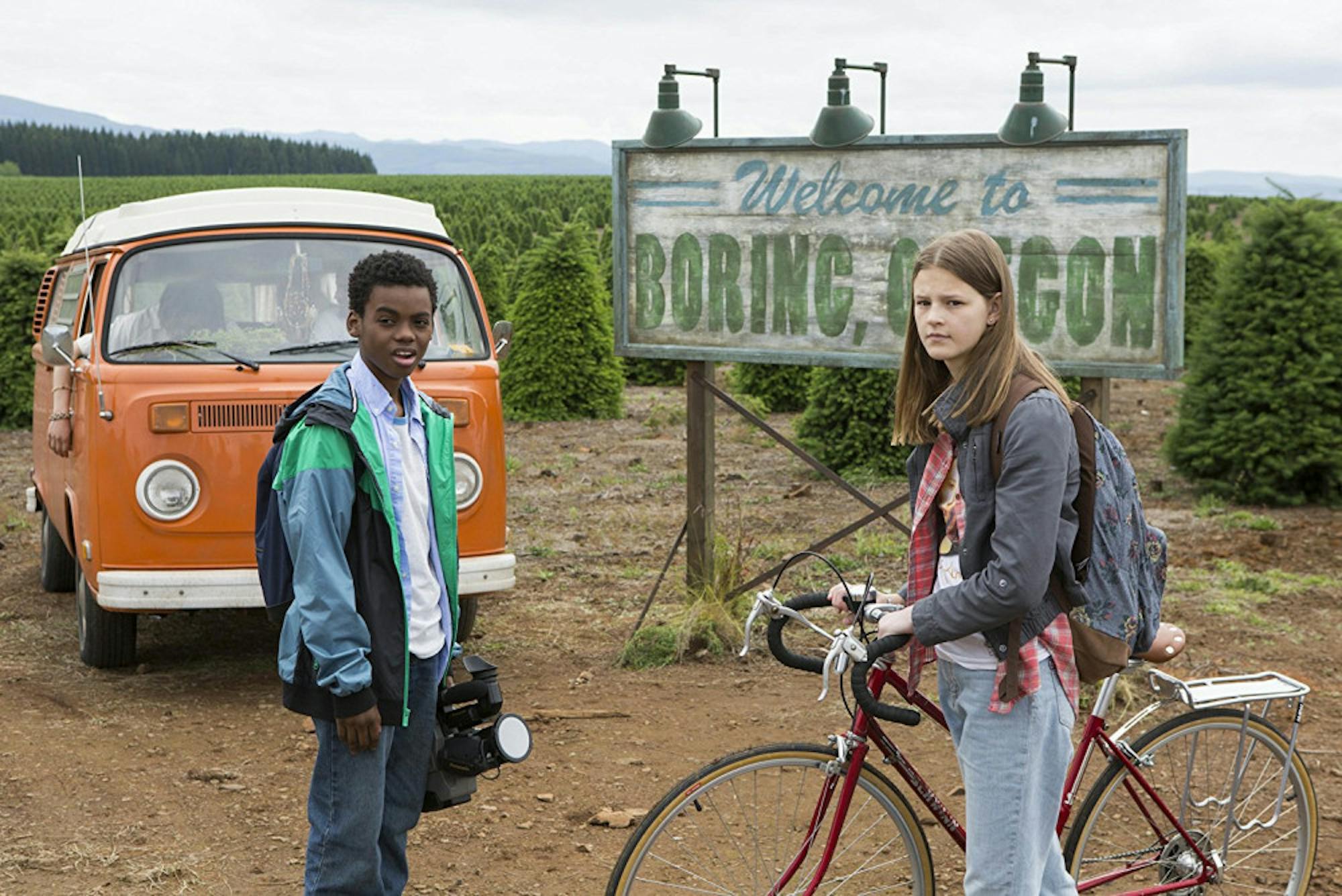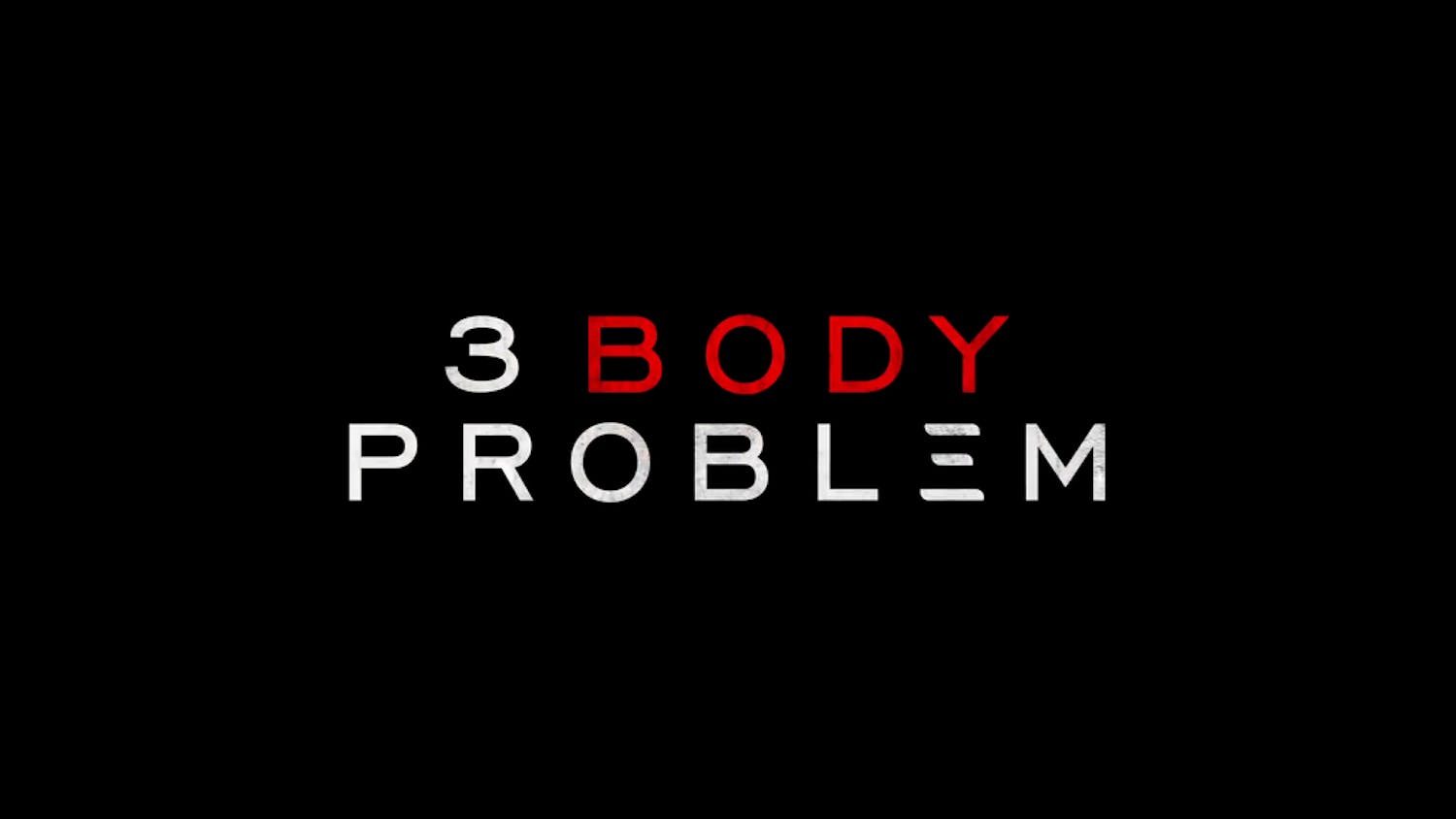Ah, the '90s. A decade of fantastic music, outrageous fashion trends and blatant homophobia. With “Everything Sucks!” (2018), Netflix attempts to prove once again that any television show centered around teenage drama can be significantly improved with just a pinch of nostalgia. This time around, unfortunately, with the 1990s-set "Everything Sucks!" the result is far from pleasing.
It is immediately obvious why the creators chose Boring, Ore. for the setting. Just like the town, the show has incredibly little to offer. The characters are nothing more than archetypes: nerds, theater kids and bullied loners who hide their identities. In other words, the entire show is simply a stretched-out version of the “Mean Girls” (2004) cafeteria scene. Sadly, the table with 'the greatest people you will ever meet' is nowhere to be found.
Unlike “Mean Girls,” the vast majority of the comedic moments fall so flat they go right through the floor. Much of the show’s humor stems from poking fun at '90s pop culture in a way that only demonstrates how little the writers understand their audience. For example, Tyler (Quinn Liebling) and McQuaid (Rio Mangini) argue about the upcoming "Star Wars" prequels while other students can be seen in the background playing with slap bracelets and hacky sacks and drinking Capri Sun. While timestamp comedy should be appreciated, “Everything Sucks!” exemplifies how reliance on it is utterly unenjoyable for us viewers who cannot relate.
If the constant use of “phat” (“with a p-h!”) and “cool beans” is not enough to make you wish the '90s could be erased from history, the music choices surely will. Even 2000s kids know that plenty of '90s songs are impossible not to dance to. So why would Kate (Peyton Kennedy) pick Oasis’ “Wonderwall” (1995) to become obsessed with? The number is repeated so many times throughout (Luke, played by Jahi Di’Allo Winston, even goes so far as to re-enact the music video) that any improbable Oasis fan will never want to listen to the English rockers again. Another song the show butchers is “Ironic” (1995) by Alanis Morissette. Any debate about its ironic nature has long lost its appeal. With both the comedy and the music, “Everything Sucks!” wastes multiple opportunities to allow its audience to relive the magic of the '90s.
But it is exactly this general sense of lacking that characterizes the show; it never goes far enough. Moreover, everything feels already played out. Luke, Tyler and McQuaid are passionate about filmmaking and become members of the A/V club, which would make for an interesting storyline if it had not just been done on “Stranger Things” (2016–). The 'kindhearted-but-misunderstanding-dad' trope the show employs has been an integral element of every sitcom since the beginning of time. Even less-explored themes, like falling in love with someone trying to come to terms with their sexuality, leave the audience desperately wanting something more. With all the hype leading up to the show's release, one would expect something engrossing and hilarious, but instead the show offers nothing but disappointment. At least it lives up to its name: Everything really does suck.
'Everything Sucks!' lacks depth, proves 1990s are better forgotten

Peyton Kennedy and Jahi Di'Allo Winston in 'Everything Sucks!'
Summary
"Everything Sucks!" tries to bring the '90s nostalgia, but gets bogged down in tropes and lacks depth.
1 Star





